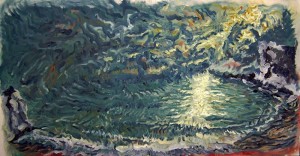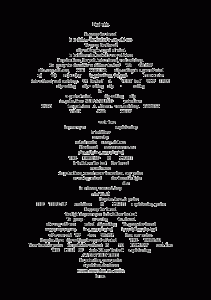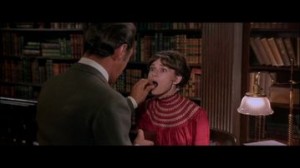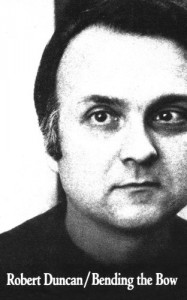
Jack Foley gave me two versions of The Seafarer, an Anglo-Saxon poem translated by Edwin Morgan and Ezra Pound. Morgan’s version was an easy read, as his was written in modern vernacular. Pound’s character came off as the voice of the ancient. His words were succinct and crafted, and carried a sense of drama throughout.
The same seafarer was a lamenting old man in one and a stately persona in another. Except for a few images, these pieces gave me two distinct impressions of the character.
In school we are taught to write “properly”, but what does it take to write powerfully, to achieve a distinct style and voice?





